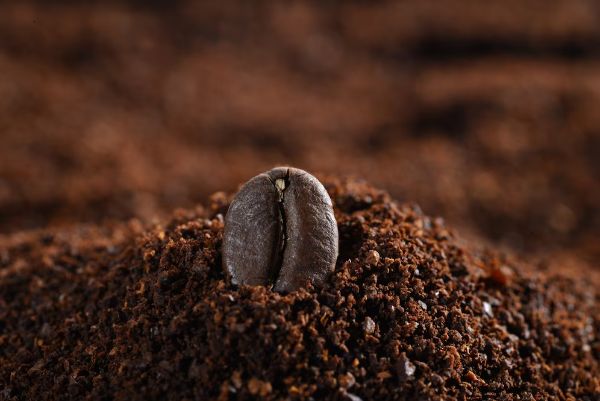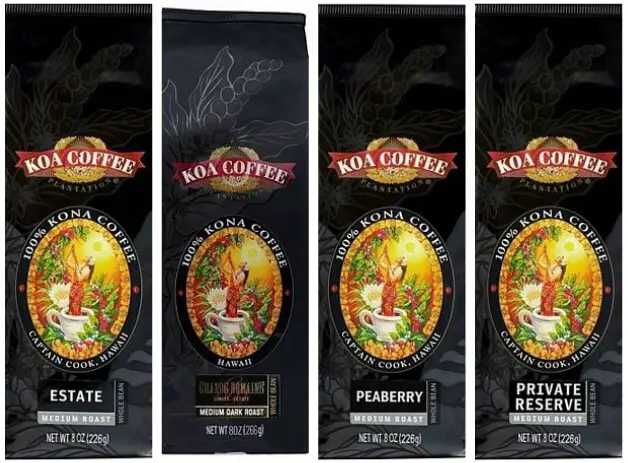Kona coffee, with its reputation for exceptional quality and exquisite taste, often comes with a higher price tag compared to other coffee varieties. Coffee enthusiasts and connoisseurs alike have wondered about the factors that contribute to the premium cost of Kona coffee.
In this article, we will talk about the reasons behind the high price of Kona coffee, shedding light on the unique characteristics of this Hawaiian treasure. By understanding the key factors that influence its cost, you can appreciate the value and experience that Kona coffee offers.

Table of Contents
Limited Production Capacity
One of the primary reasons for the high cost of Kona coffee is its limited production capacity. Kona coffee is grown exclusively in the Kona district on the western coast of the Big Island of Hawaii. The region’s small size and specific microclimate restrict the amount of land available for coffee cultivation. As a result, the overall yield of Kona coffee is significantly lower compared to larger coffee-producing regions, such as Brazil or Colombia. This limited supply, combined with high demand, creates a scarcity that drives up the price.
Labor-Intensive Farming Practices
Kona coffee production involves labor-intensive farming practices that contribute to its higher cost. Many Kona coffee farms are small, family-owned operations that rely on traditional methods. The cultivation and harvesting of Kona coffee cherries are often done by hand, ensuring meticulous attention to detail and quality control. The labor-intensive nature of these practices requires a significant investment of time, effort, and manpower, adding to the overall production costs.

You can buy pure, organic Kona Coffee online here.
Unique Growing Conditions
The unique growing conditions of the Kona district play a significant role in the quality and flavor profile of Kona coffee, but they also contribute to its higher price. The volcanic soil, gentle slopes, and favorable climate create an ideal environment for coffee cultivation. However, these conditions are limited to the Kona region, making it a distinct and exclusive coffee-growing area. The rarity and uniqueness of the growing conditions translate into a higher price for Kona coffee.
Quality Control and Certification
To ensure the authenticity and quality of Kona coffee, stringent quality control measures and certification processes are in place. The Kona Coffee Council and the Hawaii Department of Agriculture have established regulations and standards that must be met for a coffee to be labeled as “Kona coffee.” These certifications help maintain the integrity of the Kona coffee brand and protect consumers from counterfeit or lower-quality products. The rigorous quality control processes add to the overall cost of producing Kona coffee.
Reputation and Demand
Kona coffee has gained a global reputation for its exceptional quality and unique flavor profile. Its rich, smooth taste with hints of sweetness, combined with its limited availability, has made it highly sought after by coffee enthusiasts. The prestige and demand associated with Kona coffee have contributed to its higher price. The willingness of consumers to pay a premium for the Kona coffee experience further supports its elevated cost.
Conclusion
The higher price of Kona coffee can be attributed to several factors, including limited production capacity, labor-intensive farming practices, unique growing conditions, quality control processes, and its reputation in the market. These elements combine to create a coffee with exquisite flavors and a premium price tag.
By understanding the underlying reasons for the cost of Kona coffee, coffee lovers can truly appreciate the value and craftsmanship that goes into each cup. So, the next time you savor a cup of Kona coffee, remember the dedication and passion that make it a prized and exceptional coffee experience.
Why is Kona Coffee So Expensive?
